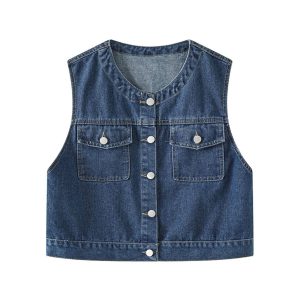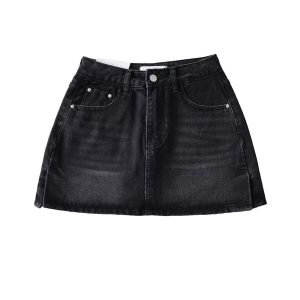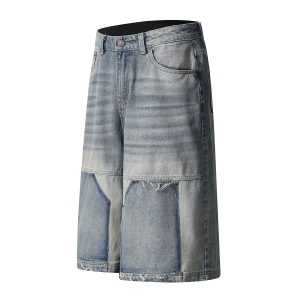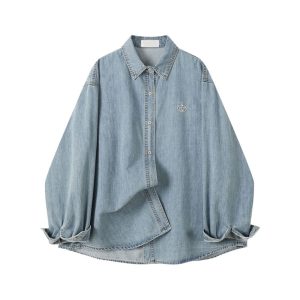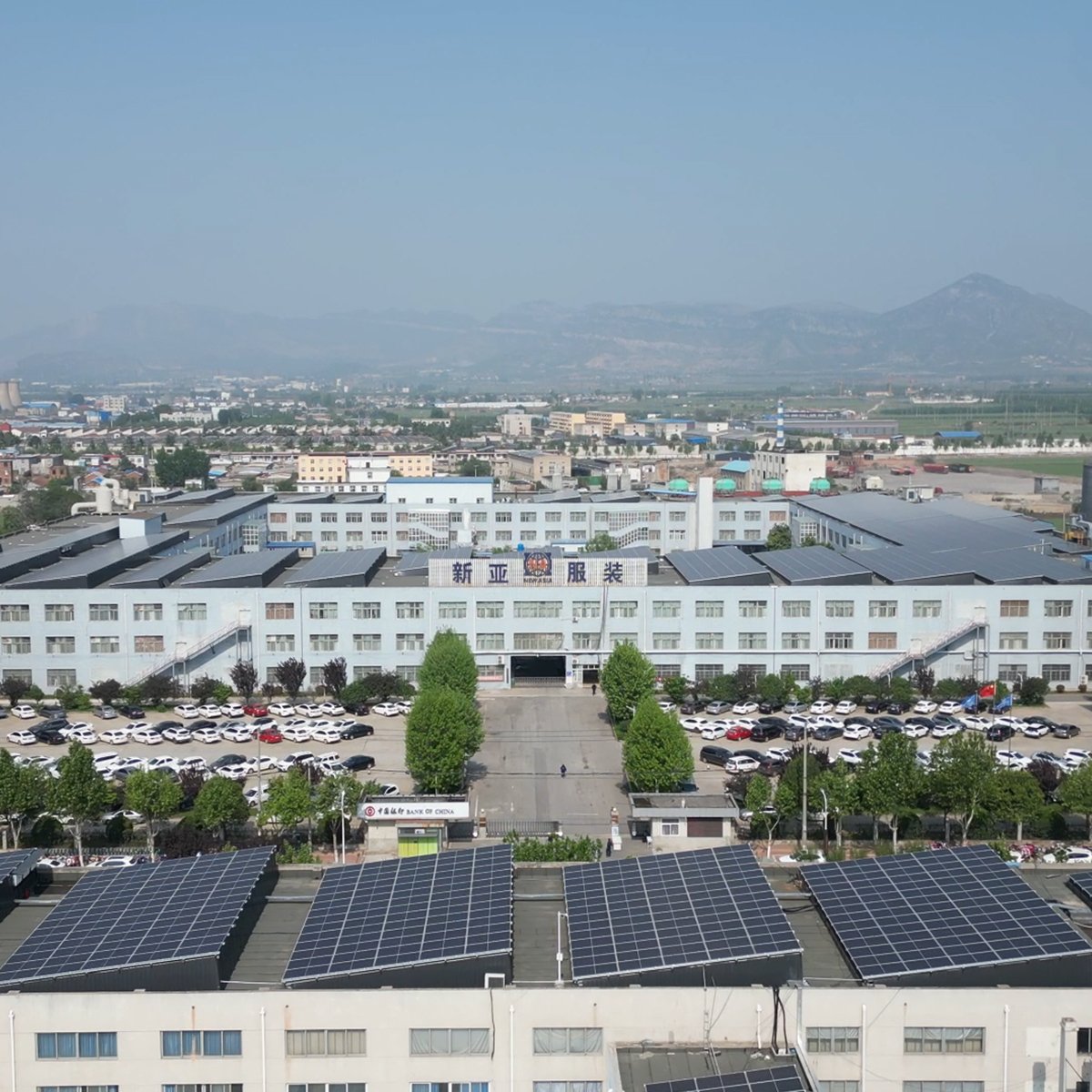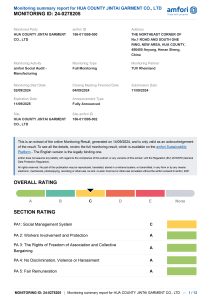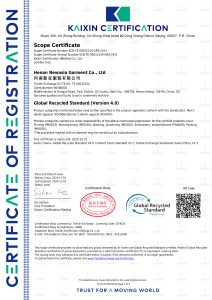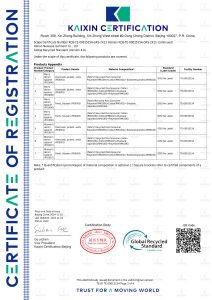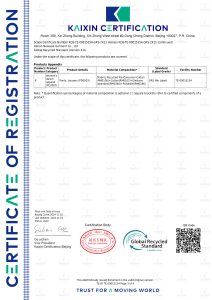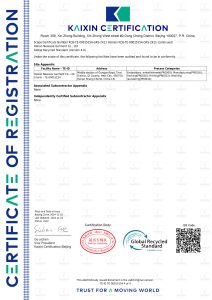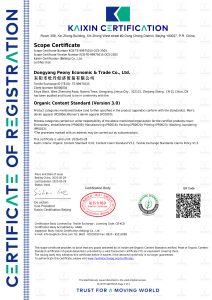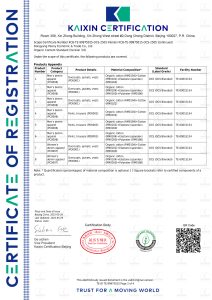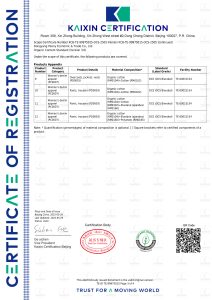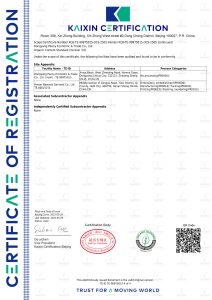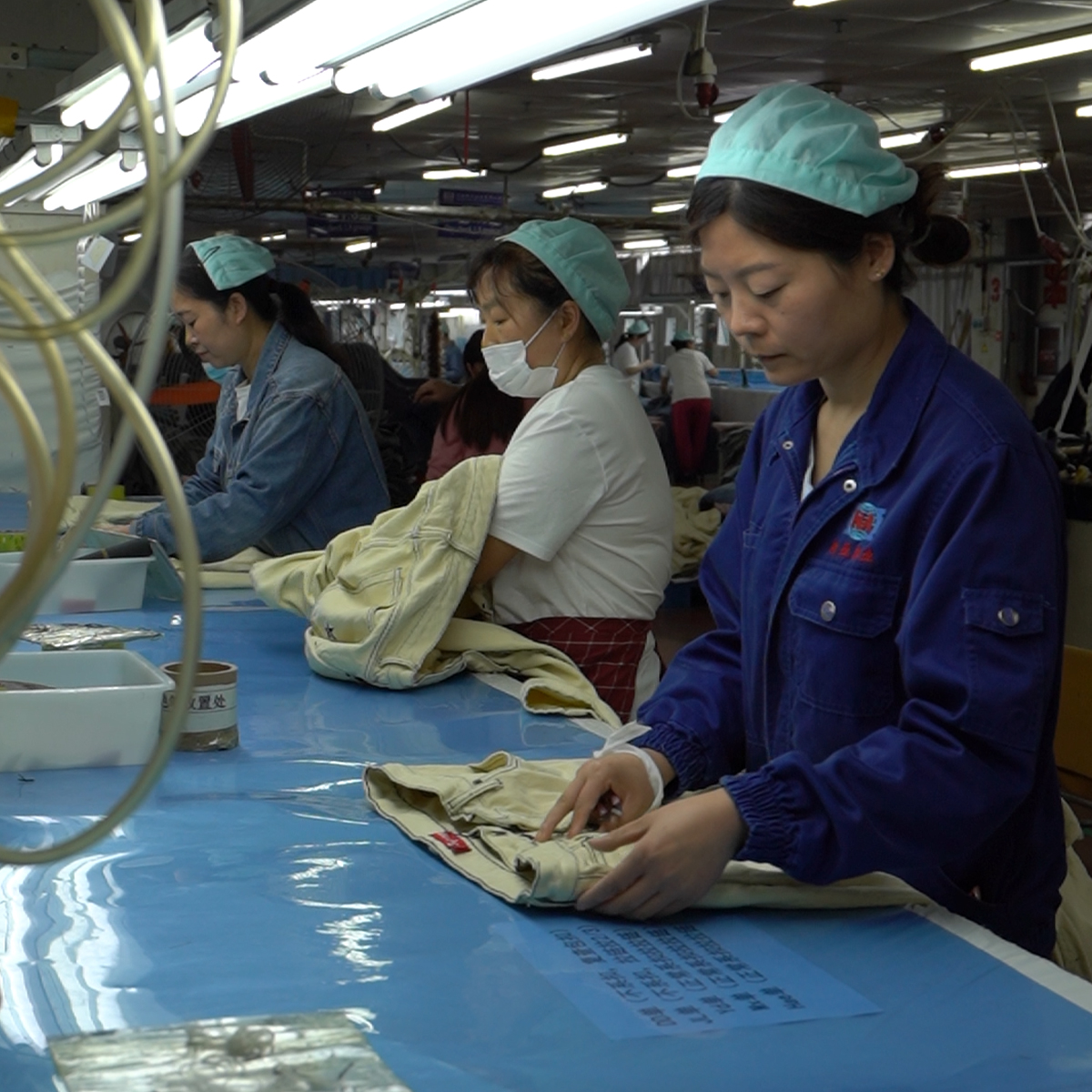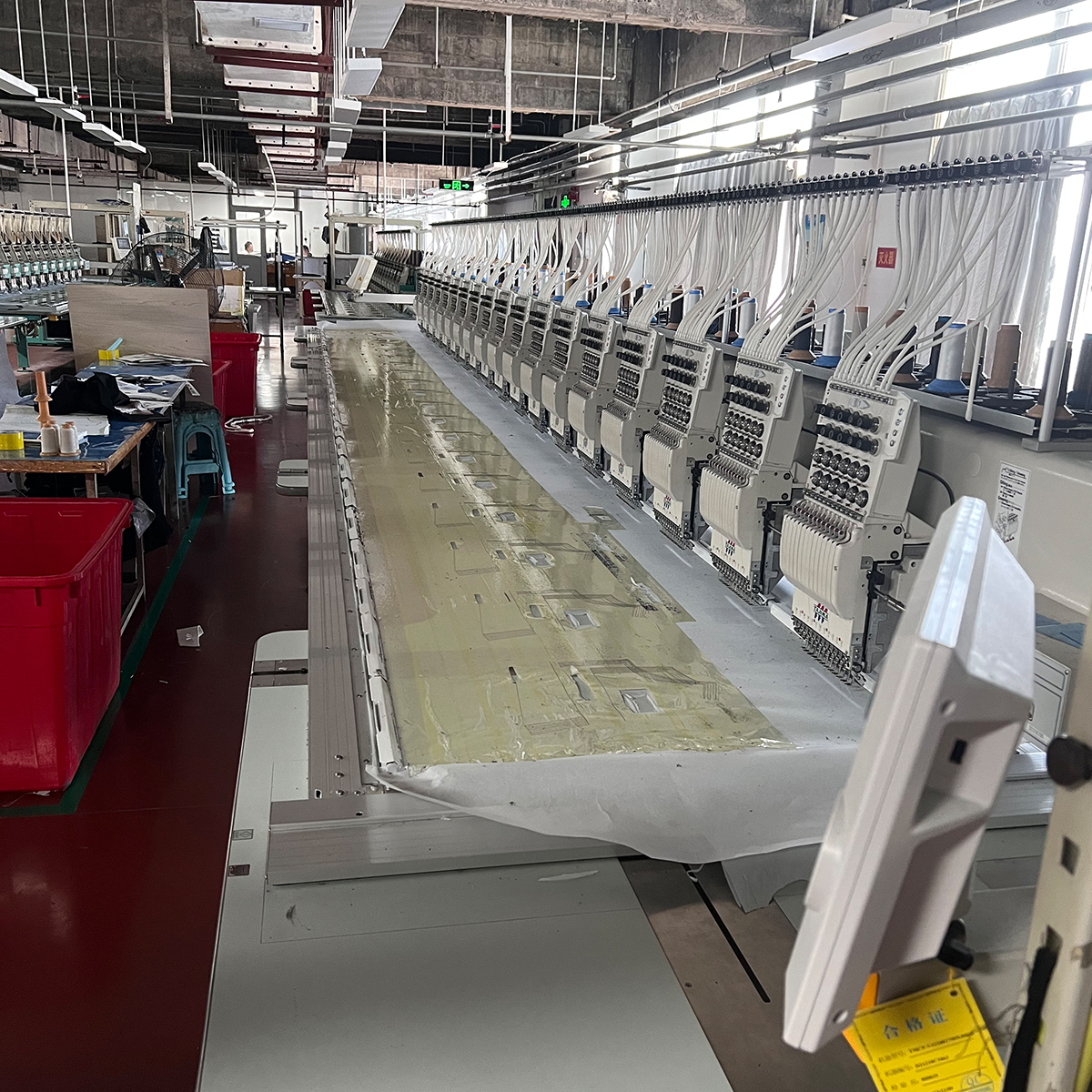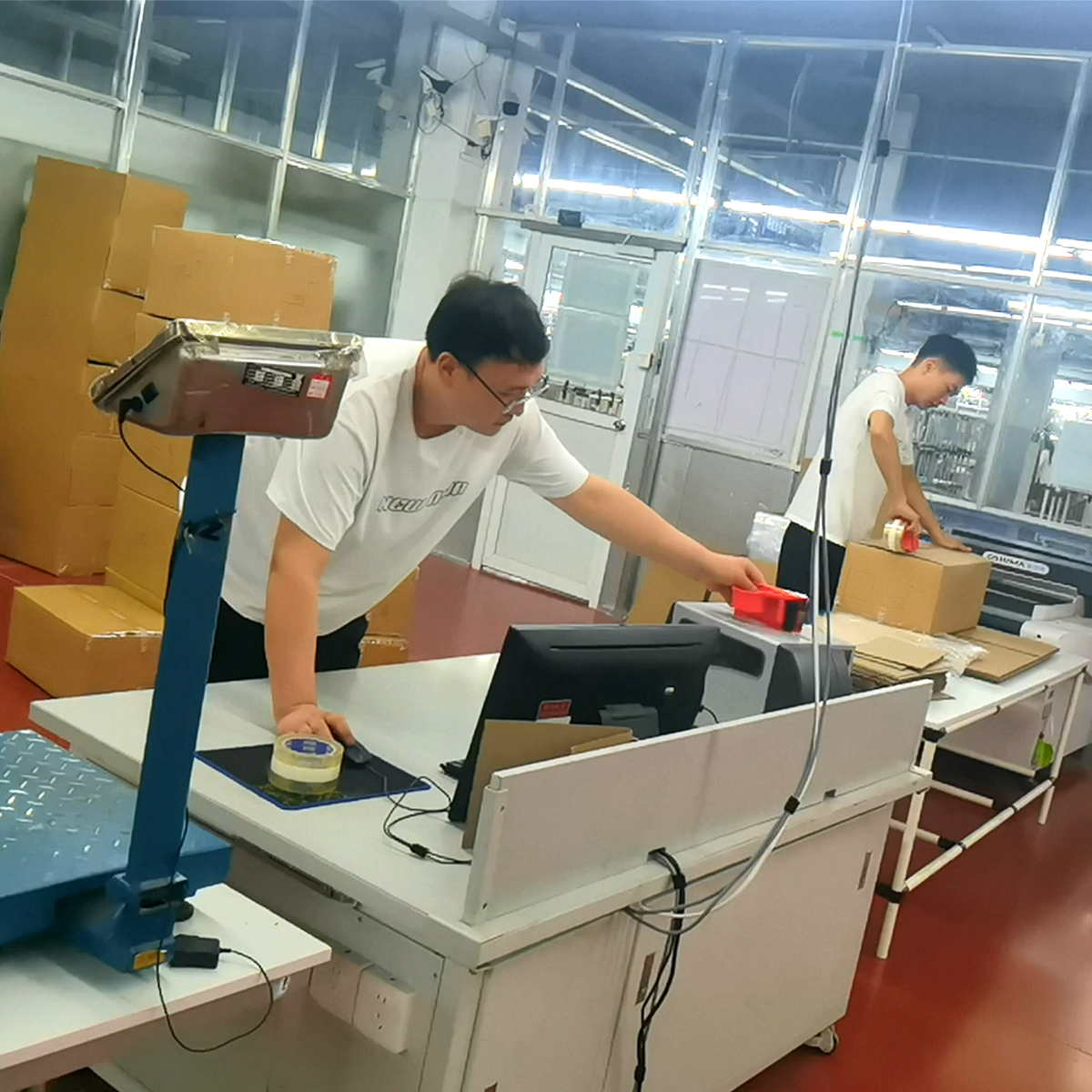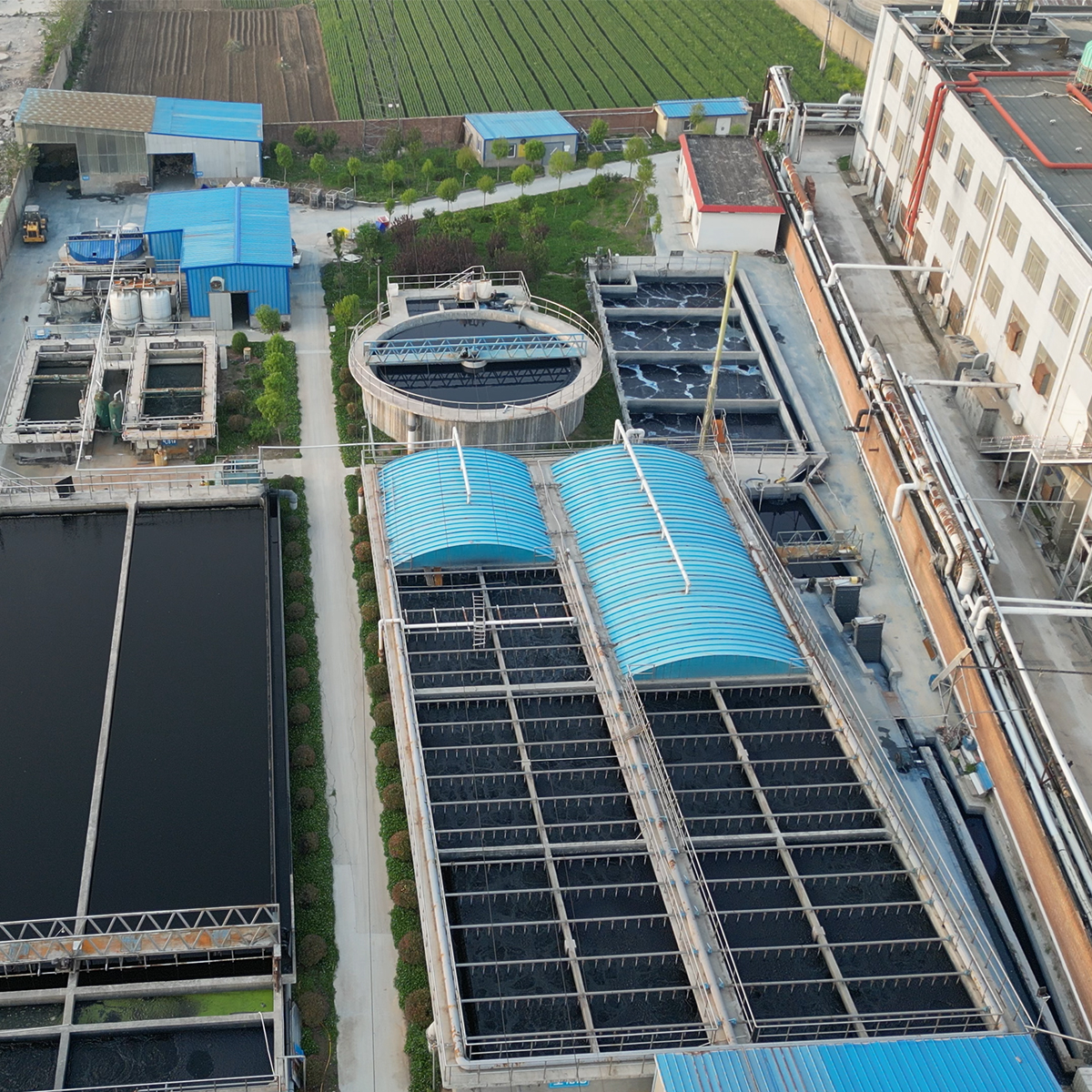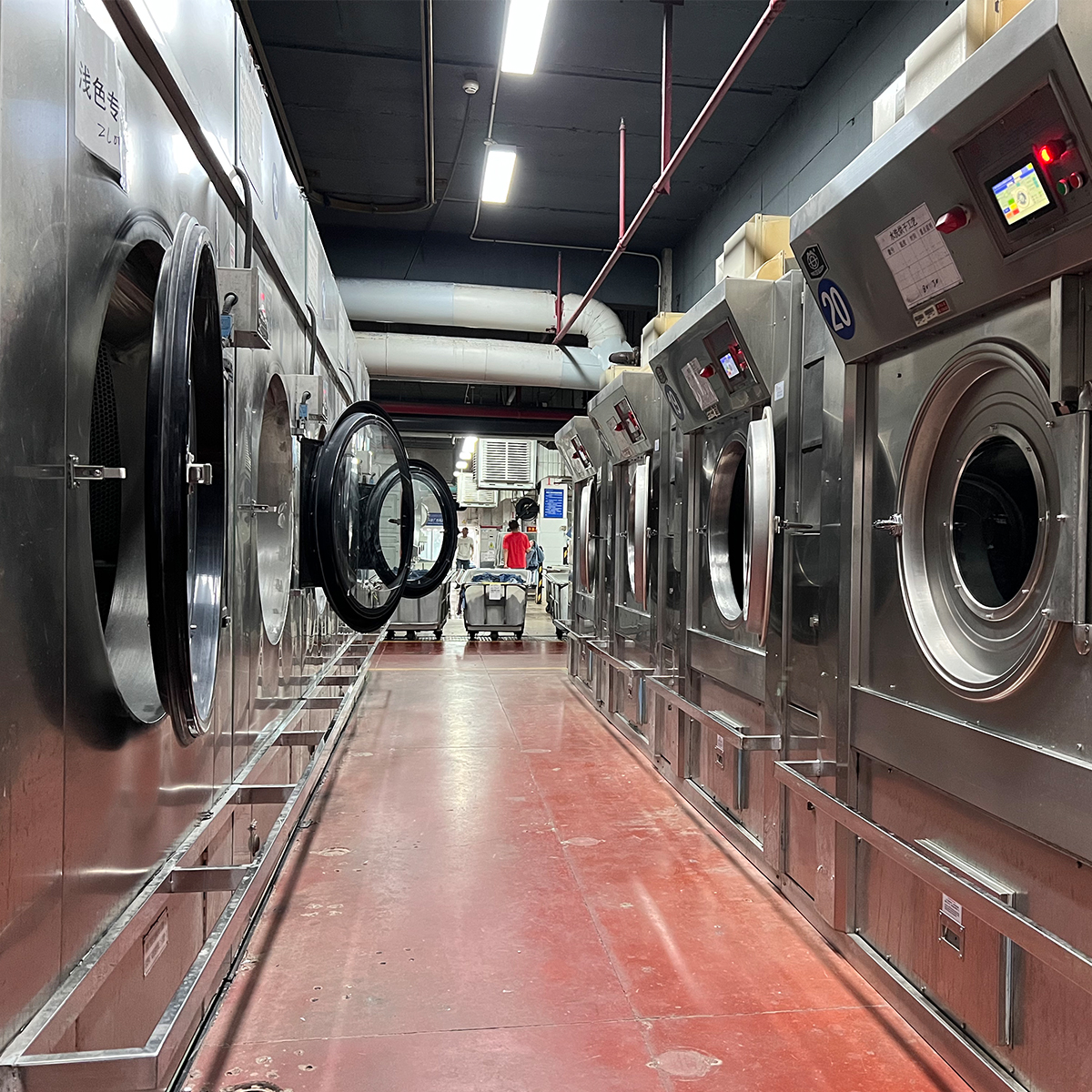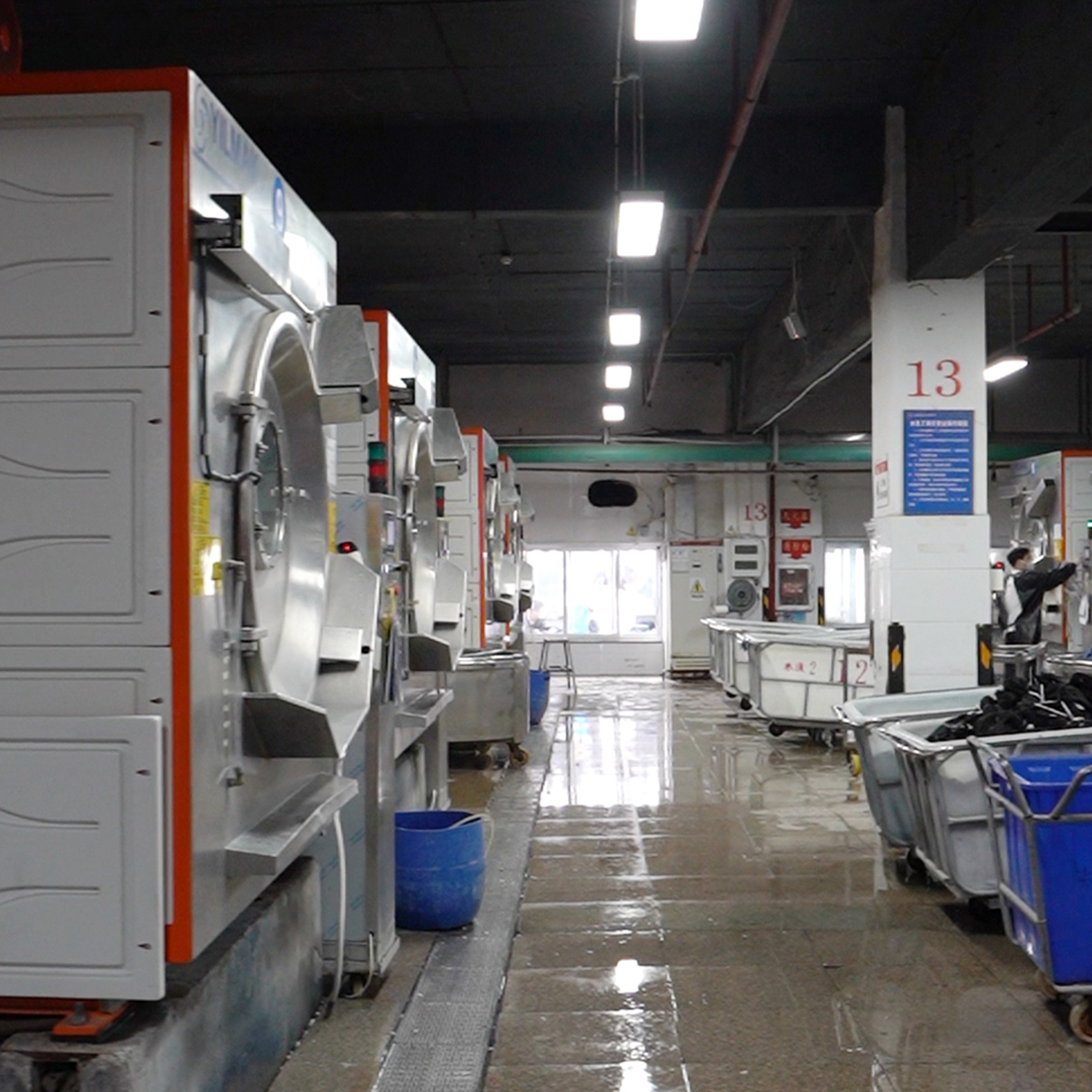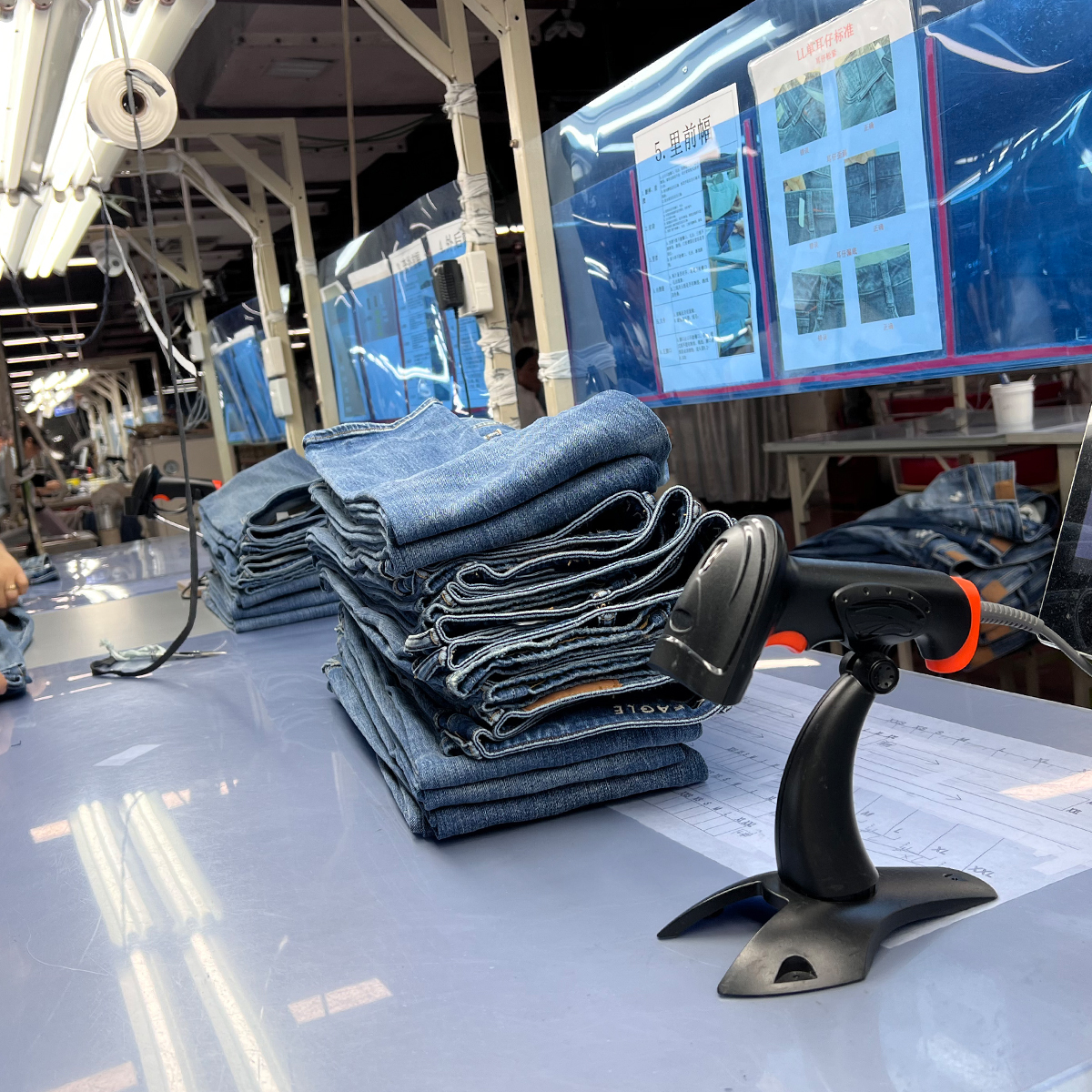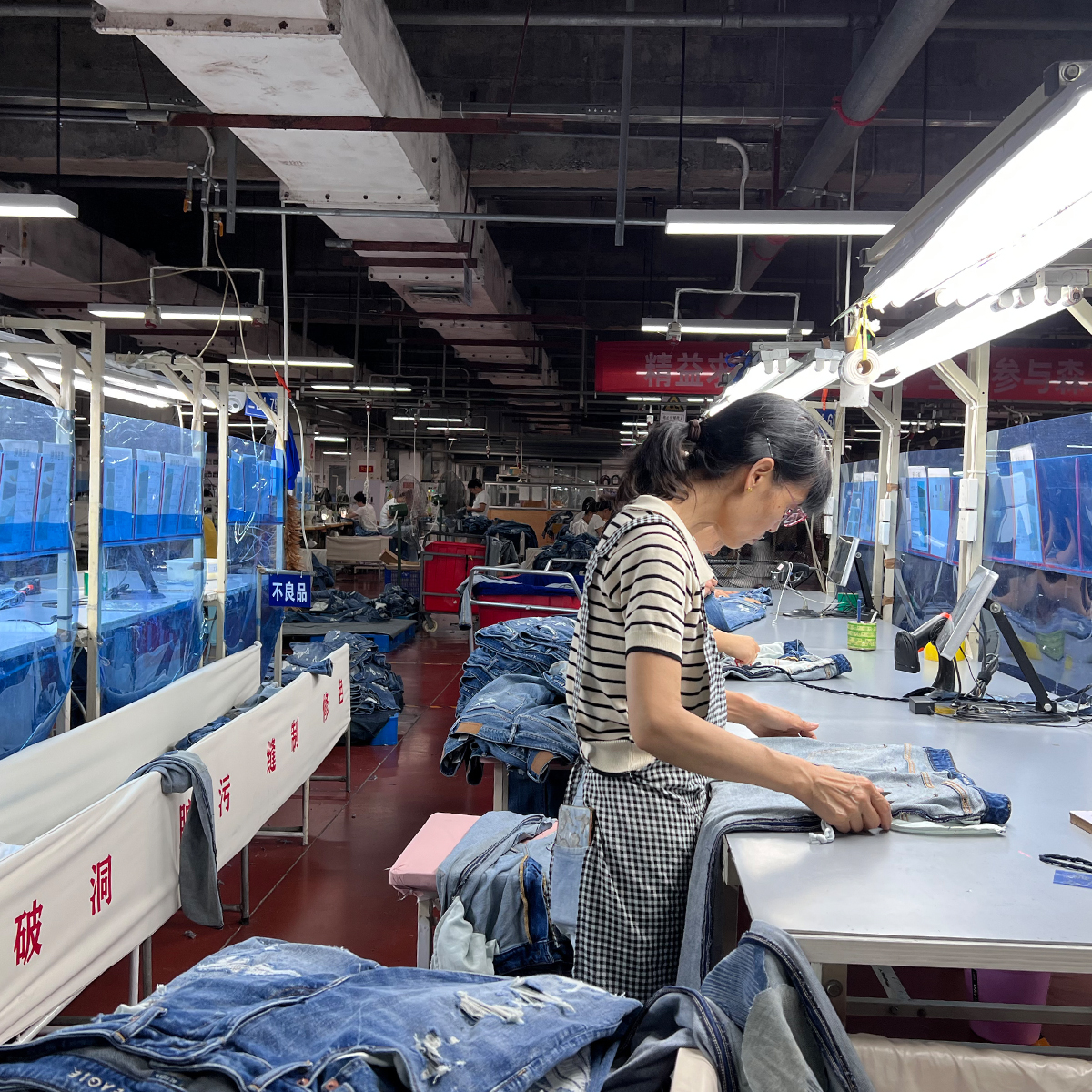When it comes to denim, few names resonate as powerfully as Levi Strauss & Co. Established in 1853, Levi’s has played a pivotal role in shaping fashion and comfort with its iconic jeans. This article dives deep into the legacy of Levi Jeans, exploring the manufacturers who have contributed to its ongoing success and innovation in the denim industry.
The Birth of Levi’s Jeans
The journey of Levi’s Jeans began with a simple need: durable workwear for gold miners during the California Gold Rush. Levi Strauss, a Bavarian immigrant, saw an opportunity to provide a functional garment that could withstand the rigorous activities of the time. In 1873, together with tailor Jacob Davis, they received a patent for the first riveted denim pants, marking the birth of modern jeans.
Since then, Levi’s has evolved, not just as a brand, but as a cultural symbol. From laborers to Hollywood icons, Levi’s has established its place across various social strata. The blue denim that was once a workman’s uniform has now become synonymous with rebellion, youth, and sophistication.
Renowned Manufacturers Behind Levi’s Jeans
To understand the success of Levi’s, it is essential to know about the manufacturers and partners that have helped create and distribute these beloved jeans around the globe. Though Levi Strauss & Co. retains much of its manufacturing in-house, various strategic partnerships have been fundamental in their global outreach.
1. Cone Denim
Cone Denim, founded in 1891, has played an integral part in the manufacturing of Levi Jeans. Based in North Carolina, this company has established itself as a leader in premium denim production. The partnership between Cone Denim and Levi’s has ensured that the fabric used in Levi’s jeans remains consistent in quality and durability.
The famed “Selvedge” denim, known for its durability and unique denim fades, is often sourced from Cone’s facilities. Their commitment to sustainability and innovative production techniques resonates with Levi’s dedication to responsible manufacturing practices.
2. Kaylene Mills Manufacturing
While Levi’s maintains its headquarters and design teams in San Francisco, it also relies on trusted manufacturers like Kaylene Mills for specific production runs. This manufacturer specializes in the creation of bespoke orders, allowing Levi’s to cater to niche markets and seasonal collections effectively.
Many luxury denim lines emanating from Levi’s collaborations with high-fashion brands have been manufactured under Kaylene Mills. This partnership has enabled the blending of classic designs with contemporary trends, capturing the hearts of both casual wearers and fashion enthusiasts.
3. Vicunha Textil
Operating out of Brazil, Vicunha Textil has emerged as a major player in the textile industry. Their partnership with Levi’s has allowed the latter to tap into the South American market while offering high-quality fabric options. Vicunha is known for its innovation and use of sustainable practices, which align perfectly with Levi’s mission to minimize environmental impact.
The fabrics produced by Vicunha not only meet international quality standards but also cater to the growing demand for sustainably produced textiles. This relationship reflects the increasing importance of responsible fashion practices and eco-friendly materials.
Levi’s Innovative Approaches to Manufacturing
Levi’s commitment to quality goes beyond just the fabric. The manufacturing process employed has continuously sought advancement. The use of innovative techniques such as Water This approach not only conserves water but also minimizes chemical waste, reinforcing Levi’s dedication to sustainable practices. The impact of utilizing manufacturers who adhere to sustainable and innovative practices cannot be overstated, as it sets a standard in the fashion industry. As technology progresses, Levi’s strives to integrate modern advancements into its manufacturing processes. From 3D technology that enables the creation of custom-fit jeans to the use of digital fabric printers, Levi’s is on the forefront of marrying fashion with technology. With the launch of their “Lot No. 1” customizable jeans, customers can experience an unprecedented level of personalization, selecting styles, fits, and finishes tailored to individual preferences. This represents not only an evolution in manufacturing but also reinforces Levi’s commitment to consumer satisfaction and innovation. The collaborative efforts between Levi’s and its manufacturing partners extend beyond mere business transactions. They foster a collective commitment to ethical labor practices and environmental responsibility. Levi’s has established the “Improving Workers’ Lives” initiative, which aims to enhance the living conditions and rights of workers in their supply chain. This initiative is a crucial aspect of their operational strategy and reflects the lessons learned from past labor practices. By selecting manufacturers that share this vision, Levi’s not only reinforces its brand identity but also sets a benchmark for the wider industry. As the global economy continues to shift, so too does the landscape of denim manufacturing. The rise of e-commerce has prompted Levi’s to rethink its production strategies as consumers increasingly favor online shopping. The industry is witnessing a shift towards on-demand manufacturing, and Levi’s is keen to engage with this trend. Collaborating with local manufacturers in various regions allows for quicker turnaround times while also supporting local economies. With an eye towards the future, Levi’s aims to revolutionize how jeans are made, sold, and consumed, ensuring that their place in the fashion world remains as significant as ever. The legacy of Levi’s jeans is informed not only by the design and marketing of its products but significantly by the manufacturers who share in its vision of quality, sustainability, and ethical production. From Cone Denim to Vicunha Textil, these manufacturers have contributed to making Levi’s a continuous beacon of innovation throughout the decades. As consumer preferences evolve and the world shifts towards sustainable fashion, the partnership between Levi’s and its manufacturers will undoubtedly continue to thrive, proving that the bond between legacy and innovation is essential for any brand aiming to remain relevant in the modern age.Technology and Levi’s Manufacturing Revolution
The Global Impact of Levi’s Manufacturing Partnerships
Future Trends in Levi’s Manufacturing Ventures
Final Thoughts on the Legacy of Levi’s Manufacturers



